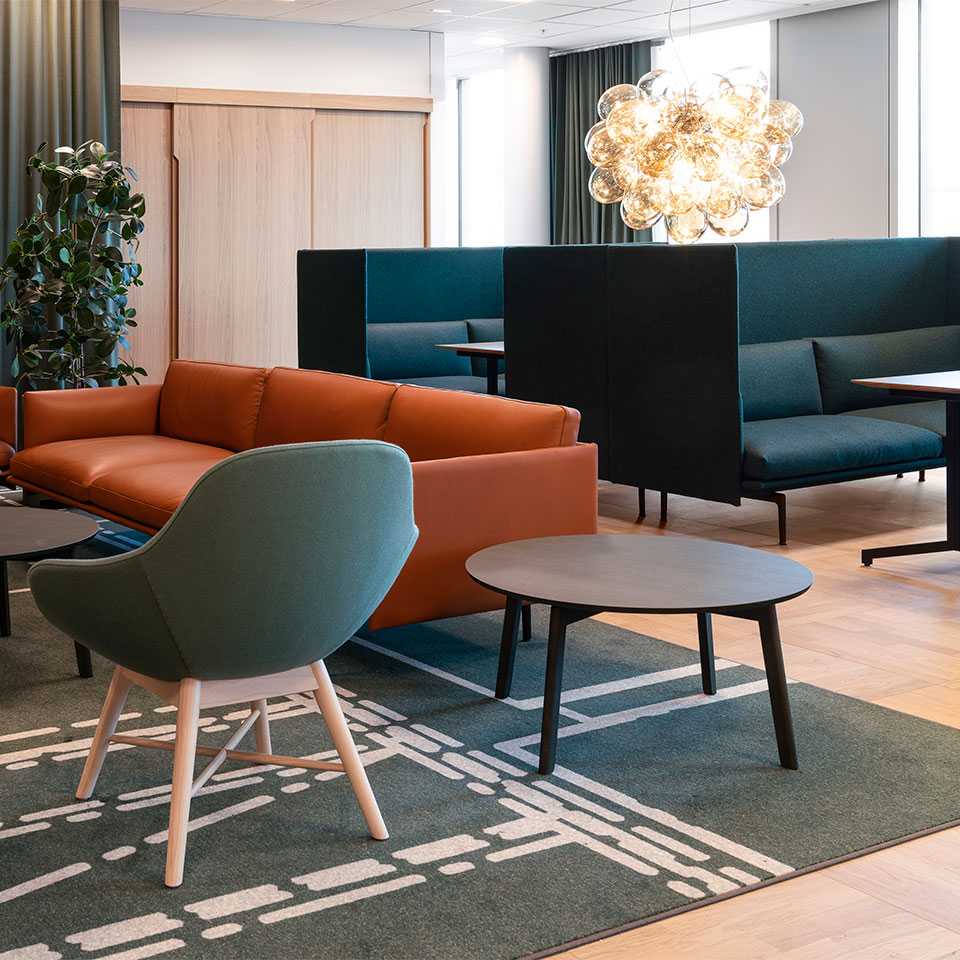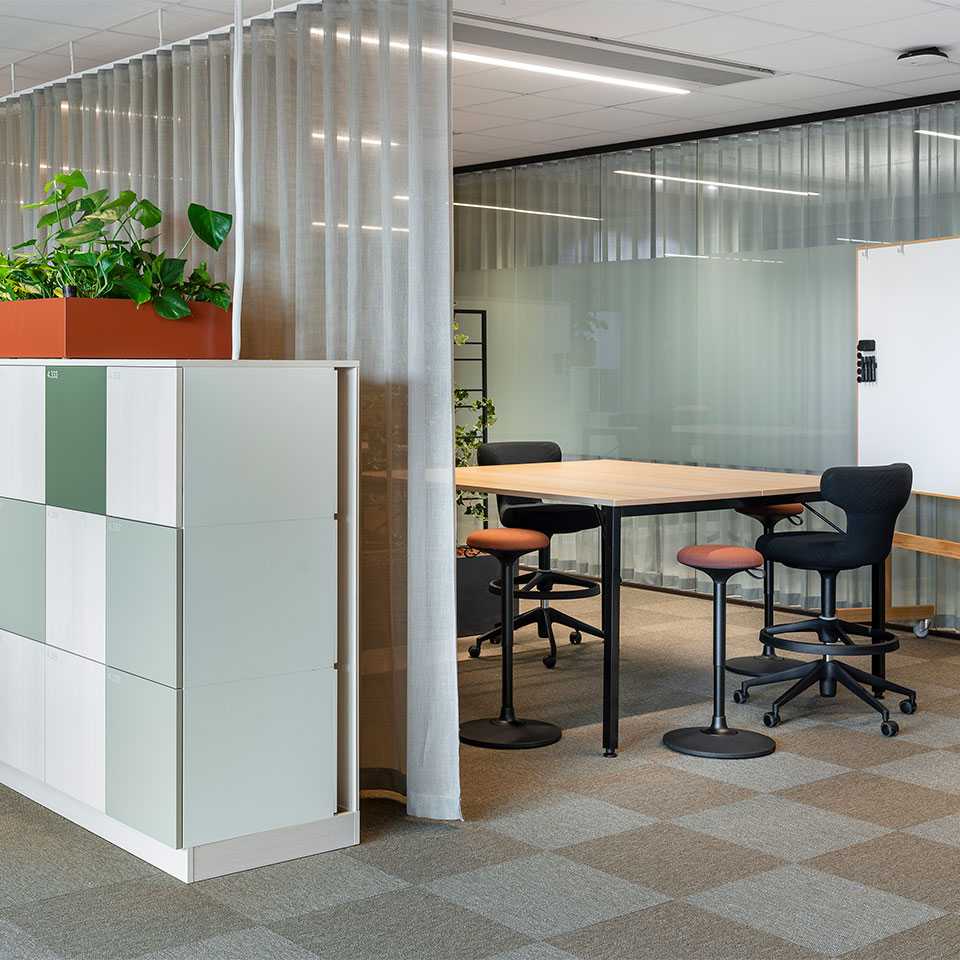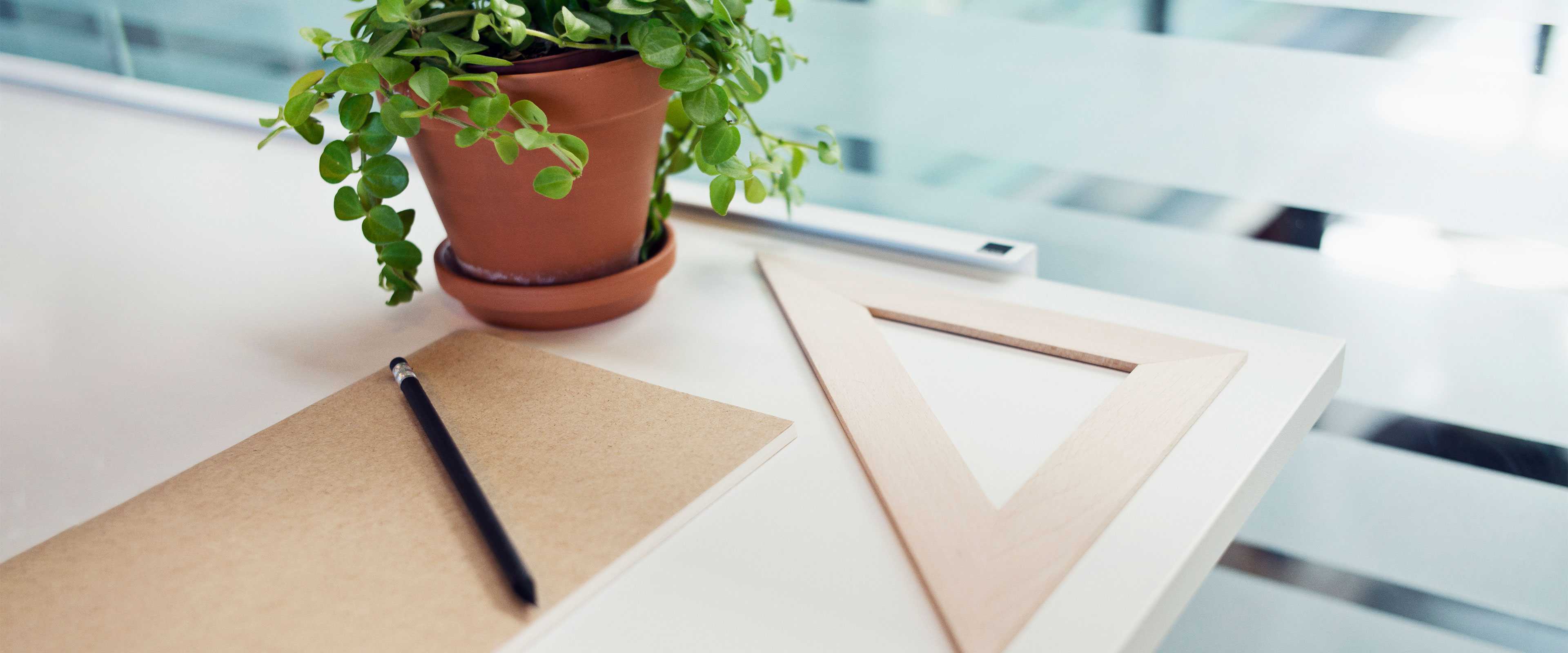It’s time to think about the workplaces of the future
During the pandemic, organisations have learned a completely new way of working. The physical location – that is, an office – no longer steers all work. However, many people have also realised what the value of an office is.
Remote work without the freedom to choose erodes the social capital of workplace communities and hinders the sharing of information. In an office environment, people expect collaboration and a flow of information between colleagues. For many people, working in an office also makes it easier to draw the line between work and free time.
“Some organisations transferred to remote work without renewing their ways of working. This has caused challenges in communication, the development of new ideas, collaboration and social relationships, for example. The strengths of an office environment do not automatically transfer to remote work. After the pandemic, we should build on the strengths of working in an office. Already at this point, we should be starting to develop new ways of working for remote work,” says Miia Leppänen, Workplace Specialist at Martela.
For many of us, work has changed completely during the pandemic. For example, nearly all meetings are now video conferences, and workshops will continue to be held remotely even after the pandemic. How we used to work is encapsulated in offices that are currently empty.
Employees’ needs for workplaces have changed considerably. According to a survey conducted by Martela, as much as 43% of employees want to work remotely for more than half of the week. This is a major change: before the pandemic, the proportion was only 6%, according to a survey by Martela in 2020, with more than 2,000 respondents.


Workplaces of the future enable nomads to make camp
The pandemic has shaken traditional methods of management. These changes must also be transferred to the workplace. According to organisational psychologist Antti Kauppi, the workplaces of the future will be suitable for nomad-like work.
“We must have ways to isolate our own project from the surrounding noise. Silos are perceived as ineffective, because they hinder the flow of information. Figuratively speaking, we must learn how to build camps for our projects and the participating nomads – camps that will be dismantled once the project is over,” Kauppi explains.
According to Eeva Terävä, VP, Martela Design Studio, offices must support transformed work. They must provide spaces for both concentration and collaboration.
“The use of space must be re-optimised: more quality and less quantity. We must invest in comfort if we want people to prefer offices over working at home. Various spaces for withdrawal make it possible to concentrate in an office environment,” says Terävä.
In the future, a large portion of employees will decide independently where they work – at home, in an office or somewhere else. Each organisation can find its best ways to benefit from the change so that work runs smoothly and employees are satisfied.
After the lockdown, it will be important to ensure that the organisation does not become fragmented, and that work continues to be channelled effectively. There is no going back.
